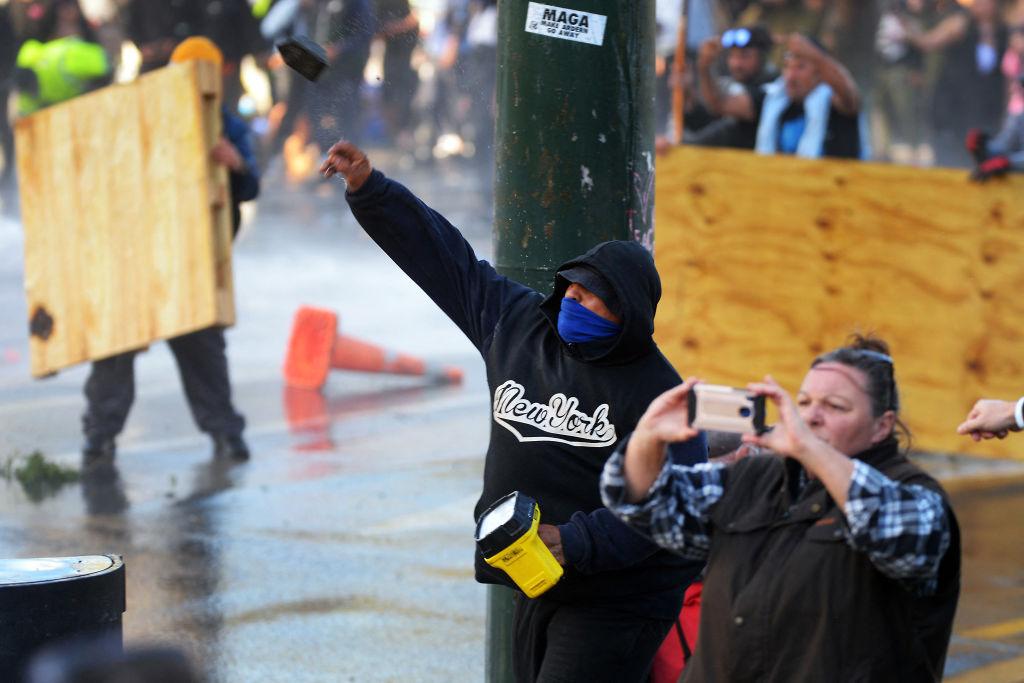The police deputy commissioner has stood by his officers after the Independent Police Conduct Authority (IPCA) upheld six cases of misconduct against police during the protests at New Zealand’s Parliament.
The protest, which began on Feb. 6, 2022, and lasted until March 2, 2022, was an occupation of the grounds of the NZ Parliament building and surrounding areas during the COVID-19 pandemic.





